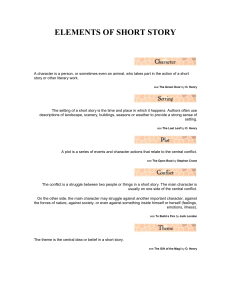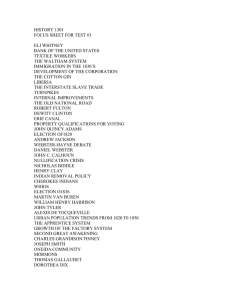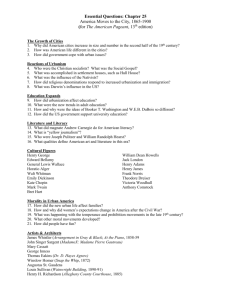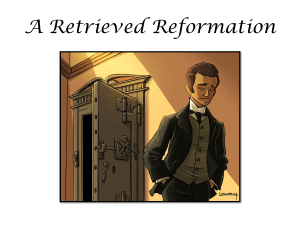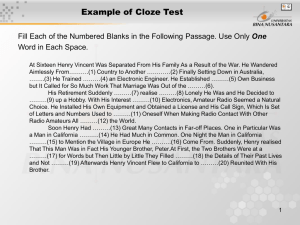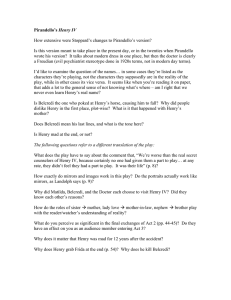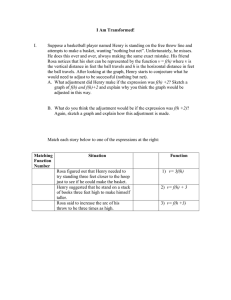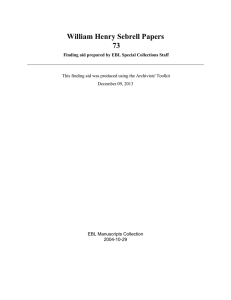Henry IV, Part 2 Paul Raffield The History of Henry the
advertisement
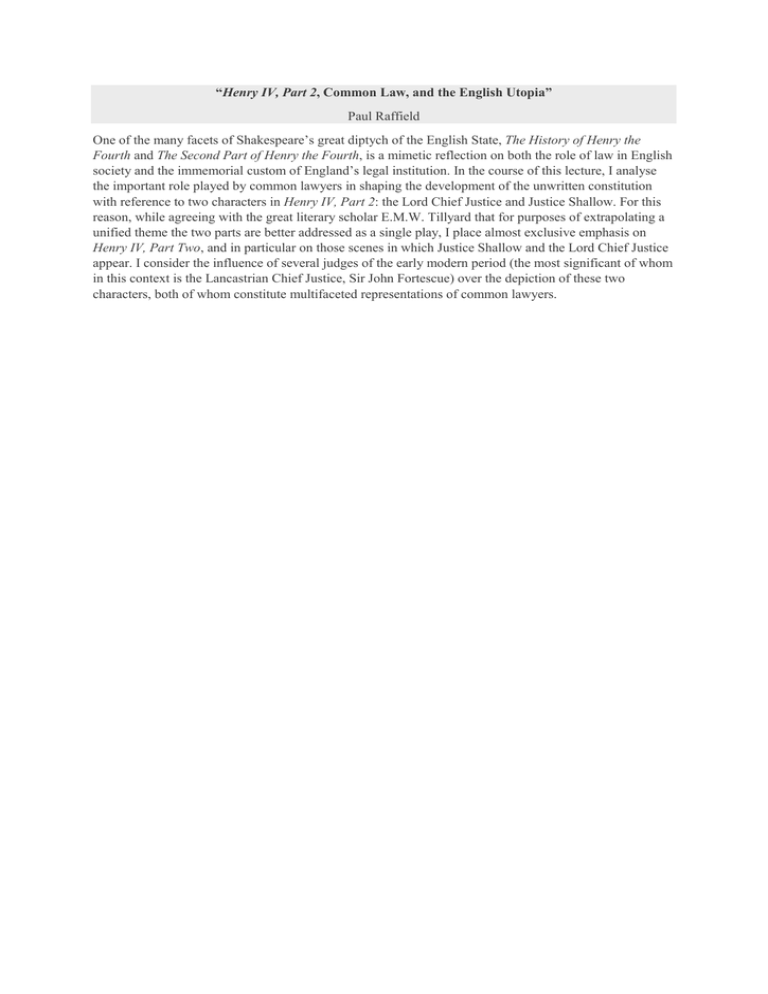
“Henry IV, Part 2, Common Law, and the English Utopia” Paul Raffield One of the many facets of Shakespeare’s great diptych of the English State, The History of Henry the Fourth and The Second Part of Henry the Fourth, is a mimetic reflection on both the role of law in English society and the immemorial custom of England’s legal institution. In the course of this lecture, I analyse the important role played by common lawyers in shaping the development of the unwritten constitution with reference to two characters in Henry IV, Part 2: the Lord Chief Justice and Justice Shallow. For this reason, while agreeing with the great literary scholar E.M.W. Tillyard that for purposes of extrapolating a unified theme the two parts are better addressed as a single play, I place almost exclusive emphasis on Henry IV, Part Two, and in particular on those scenes in which Justice Shallow and the Lord Chief Justice appear. I consider the influence of several judges of the early modern period (the most significant of whom in this context is the Lancastrian Chief Justice, Sir John Fortescue) over the depiction of these two characters, both of whom constitute multifaceted representations of common lawyers.
